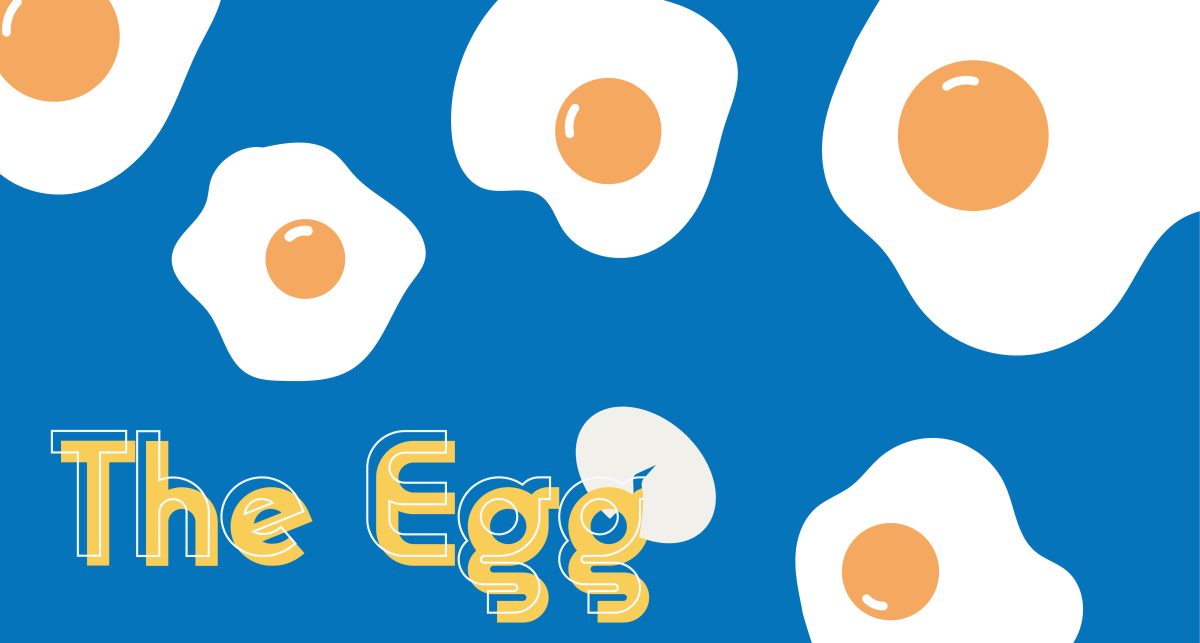Inspired by theSkimm, longer than the E-announcements, created with your short attention span in mind.
By Jaimee Hood
*Insert obligatory May the fourth be with you joke here*
You don’t have to be a fan to celebrate Star Wars day, or to appreciate these inspirational quotes from the franchise:
- “You will find that many of the truths we cling to greatly depend on our point of view” –Obi-Wan Kenobi, and Clarion columnist Sierra Beilby, who invites us to a closer examination of victory-speech in Christian culture.
- “Your eyes can deceive you, don’t trust them” –also Obi Wan Kenobi, and Marc Ives, who recently upgraded from a 6-year-old Samsung Galaxy III to an iPhone 8. He realized his lens was a little blurry.
- “I find your lack of faith disturbing” –Darth Vader, and Christian Instagram accounts telling you to trust God will bless those He loves even in the midst of tragedy. Zach Walker doesn’t think we are blessed, but that doesn’t mean we can’t be happy.
“Who CARES?”
Statistically speaking, every three seconds, a 13-year-old rolls their eyes and poses this existential question to the void. But, on May 4, it’s every two seconds from a non-Star Wars fan. Incidentally, many college students are beginning to ask this question, too, of press conferences and news headlines that evidently started CARE-ing more around mid-March. Rather than who, you’re probably wondering what. “What does CARES stand for?” “What is it?” “What does it mean for me?” On the off-chance the void doesn’t answer, here’s the low-down.
On March 27, President Trump signed the Coronavirus Aid, Relief, and Economic Security Act (CARES, for short).
The $2 trillion aid package was designed to provide relief to American families and businesses affected by COVID-19. Though the stimulus package has several intended effects, the core elements of the CARES Act include direct payments to eligible adults, expanded unemployment insurance and extended time for borrowers of loans to make payments (ex. college students). The IRS said stimulus checks started hitting mailboxes April 13. Should I get my hopes up? Check out this breakdown of the specifics of the act, or use this online tool to determine your eligibility.
Essentially, the size of your stimulus check is based on either your 2018 or 2019 tax return and your income. One of the primary criticisms of the CARES Act is that while it does provide families an additional $500 for each dependent child under the age of 17, it does not provide for those above the age of 17 who may have been claimed as dependent by another tax filer, such as a parent who did not foresee a global pandemic. Many of those in the 17-24 age group, including a lot of college students, fall into this category.
I’m still gonna get my hopes up. Even if you don’t receive an “economic impact payment,” you may be able to access some financial help. In an email sent to the Bethel community May 1, CFO Amy Blaz said an emergency grant fund provided by the CARES Act will allow students enrolled in face-to-face programs as of March 13, 2020 to receive aid. This fund, in addition to a student emergency fund sourced from the Bethel community, are meant to cover unexpected expenses incurred as a result of COVID-19 disruptions to campus operations. You can apply to receive assistance here. Priority will be given to applications received by May 10, Blaz said.
And my loans? You can request to delay payments on federal student loans until September 30, 2020. Between now and then, federally-owned loans (not those issued by private lenders or schools) will have a 0% interest rate. Read more about that here.
Check or no check, “economic impact” is a reality we’ll all face in one way or another.
If reports of small businesses closing, canceled internships and doomsday stock market predictions are making your stomach drop, you’re not alone. And let’s face it—although they mean well, seeing your relatives’ senior photos on your Facebook wall doesn’t help (it might actually be a security threat). In a fluctuating job market, college students—and perhaps especially graduating seniors—are looking for practical advice over sympathy.
Associate Dean of Career Development and Calling Ann Vu Ngo says the seniors she has met within the past few months are insecure about their level of experience and nervous about how the job market outlook will impact their ability to find a job after graduation.
“All of these fears and concerns are typically felt by seniors, even without a global pandemic,” Vu Ngo said. “It’s valid to be stressed, but important to level your feeling overwhelmed with a plan and action steps.”
So what’s the plan? Career specialist Amanda Buol says it’s important to focus on what you can control—update your resume and LinkedIn profile and network with a few professors—more recent ones are more likely to still be valid.
“Be patient with yourself and don’t give up,” Vu Ngo said, “Persistence is key right now. None of our timelines for ourselves are playing out. Maybe it takes a little longer to get a job. That’s okay, just keep going.”
In addition to LinkedIn, both Vu Ngo and Buol recommend checking out the job postings on Handshake, Bethel’s employer job board that features companies who are looking to hire Bethel students.
“Our team is happy to walk alongside those who want to process this,” Buol said. “It’s overwhelming for almost everyone.”
The Office of Career Development and Calling is offering virtual appointments for job searching assistance, resume and cover letter prep, interview prep and a variety of other services that will help you in your job search. Students and recent alumni can set up an appointment through Handshake or email [email protected].



















